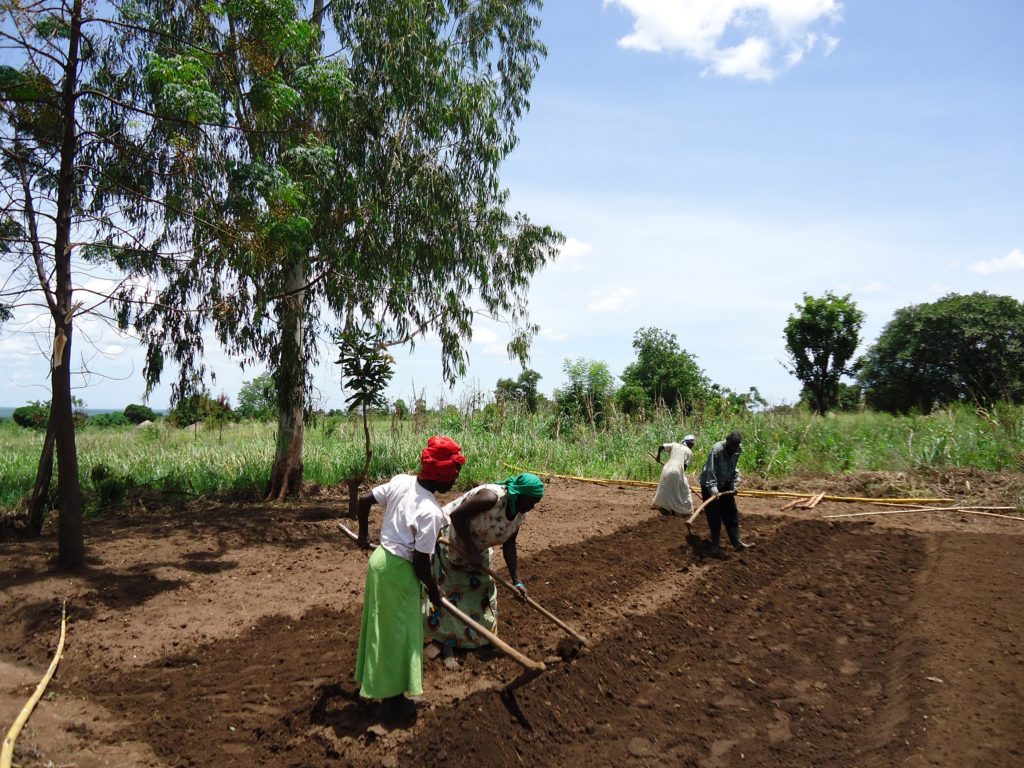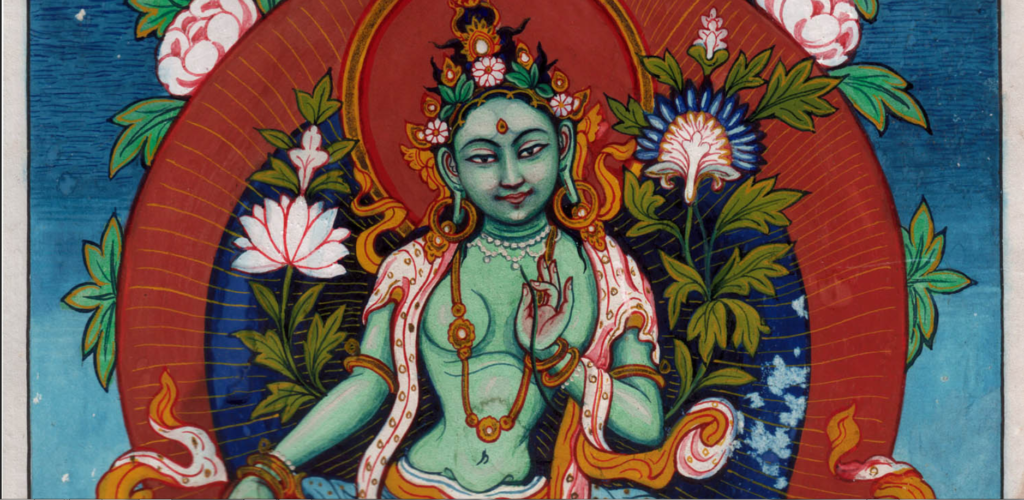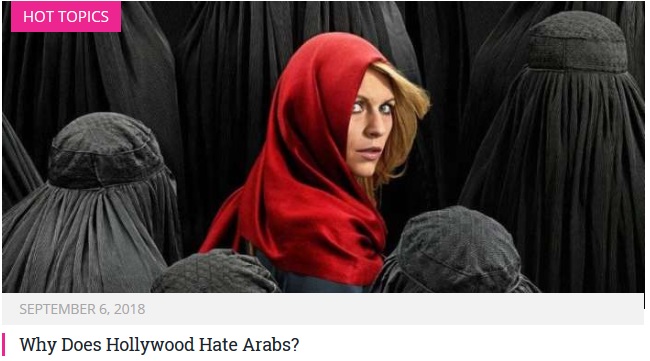
People in the so-called Global South don’t have enough to eat not because they don’t know how to grow their own food or manage their own livelihoods. It’s because we plunder their resources with nary a thought of accountability.1
The issue is not them. It is us.
We have an extremely disproportionate distribution of wealth and resources that we in the so-called North – or West – have created. We cut our fellow global citizens off at the knees and then say, “Oh poor you. Let us save you!” We shall save you with the passionate fervour of our good intentions, our missionaries, our ill-conceived grassroots NGOs2 and apps from Silicon Valley, and our giant foundations funded by the very same corporations that hinder your access to clean water, seed sovereignty and your land through predatory ecomonies.3 Our savior hearts destroy your autonomy, your dignity, your sense of worth.
We just want to help.
It’s good to want to help. We should all want to help each other. But, at present, we are not willing to really look in the mirror and think critically about our actions. We lack self-reflection. This makes our help ineffective at best and, more commonly, harmful.
We have the audacity to believe we know what’s best. But don’t we know what’s best? This conditioning is a core foundation of our Western culture. Never mind our excessive consumption, our huge contributions to climate change, our consumer demands for cheap products and cheap food; rendering your lives and the environment as cheap, dispensable and exploitable. But we still insist we want to help. We know what’s best.
This willful combination of arrogance and ignorance is dangerous, lacking in true humanity and has contributed to the ongoing destruction and devastation of the entire planet and its inhabitants. It’s self-deluded insanity, totally perverse. The only way to change is to first admit you have a problem. Fellow Westerners – we have a problem.
1 On the topic of wars and conflict as a leading cause of food insecurity, where it isn’t obvious a western nation state is involved (for example Iraq and Afghanistan), look deep behind the curtain and ask the following: how did they start? What is the root of the conflict – lack of resources, ethnic cleansing? Where did those rebels get their funding, their weapons, and even sometimes their training? Not infrequently can we find a connection back to western actors..
2 I believe that local NGOs can be the greatest instigators of change and if we, as foreign entities, wish to help in their communities, should take our lead from them and with full consent and participation of the community.
3 This is not to say I do not believe in humanitarian efforts. I believe the current model is deeply flawed and has largely gone unchecked. I believe there are excellent NGOs – like MSF and PCRF – and, conversely, organizations, companies and individuals who do terrible work. However, until we address the foundations of the industry at large, we will never see change that is to the highest good of the beneficiaries (clients)
Suggested Reading
Seed Sovereignty, Food Security (hard copy | digital)
Who Really Feeds the World?: The Failures of Agribusiness and the Promise of Agroecology (hard copy | digital)
The Betrayal of Africa (hard copy | digital)
Dead Aid: Why Aid Is Not Working and How There Is a Better Way for Africa (hard copy | digital)
The Big Truck That Went By: How The World Came to Save Haiti and Left Behind a Disaster (hard copy | digital)
The White Man’s Burden: Why the West’s Efforts to Aid the Rest Have Done So Much Ill and So Little Good (hard copy | digital)
The Bright Continent: Breaking Rules and Making Change in Modern Africa (hard copy | digital)
Making Peace With the Earth (hard copy | digital)
Suggested Viewing
Colonialism in 10 Minutes: The Scramble For Africa
African people don’t want your T-shirts and other mythbusters
Aid for Africa? No Thanks
A Day Without Dignity
Aid versus trade
Entrepreneurs Can Cure Poverty
Africa Post-Colonial Development
Poverty Inc
The danger of a single story



